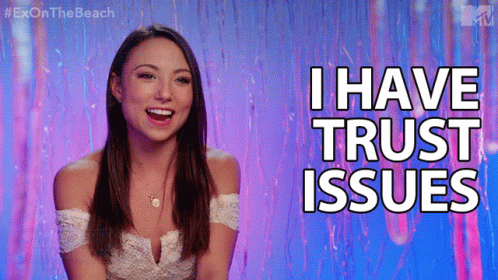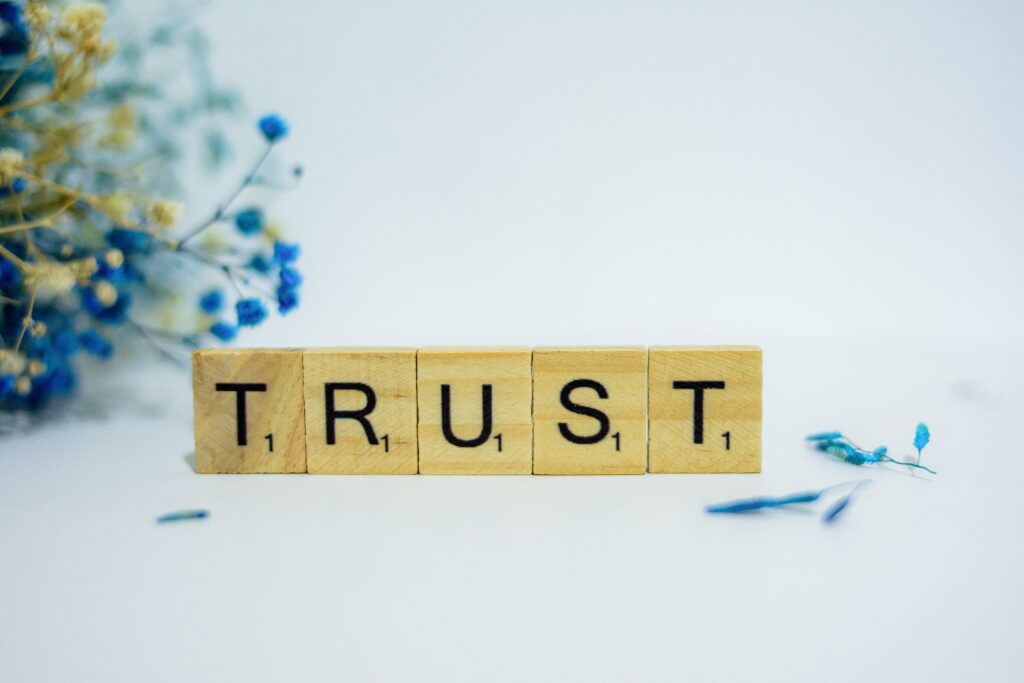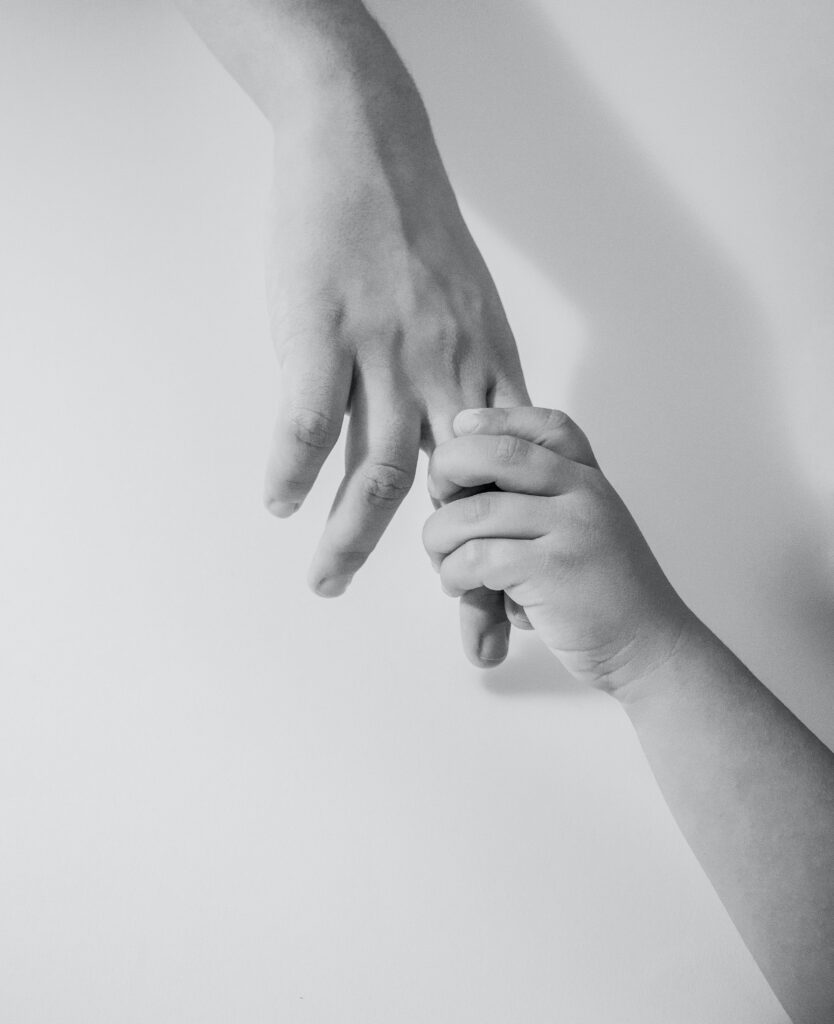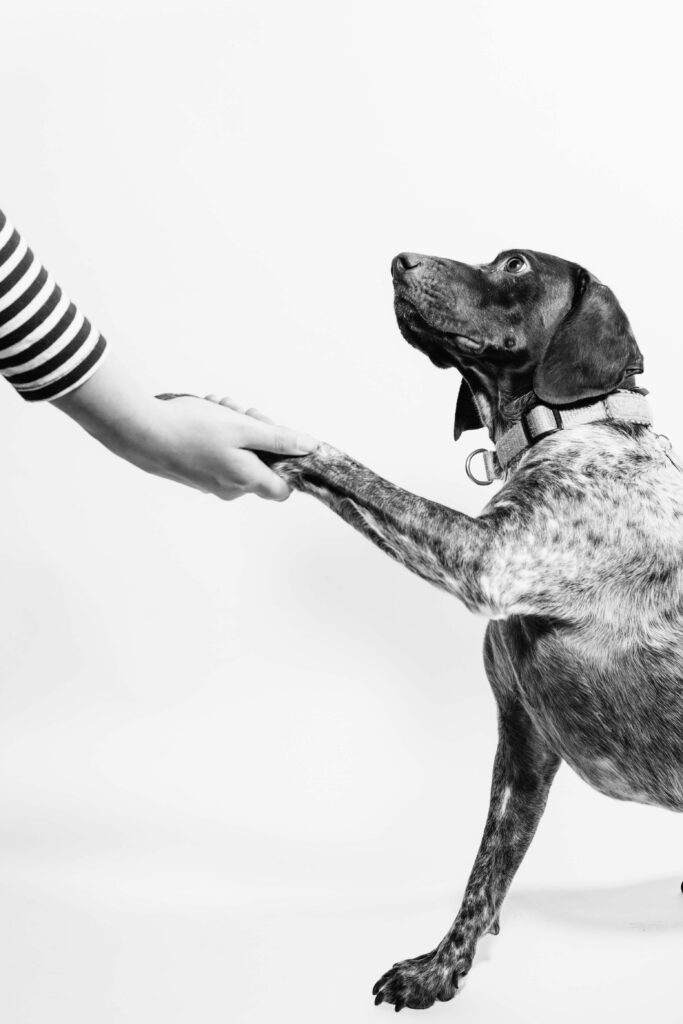

Hey everyone! Do you have a problem with Trust Issues? See for yourself now! You may take this trust issues test to find out whether you have trust difficulties right now. Answer twenty questions in our trust issues test and see what will be your result.
Trust is the readiness of one party to open up to another party with the assumption that the trustee would act in the trustor’s best interests. Moreover, the trustor has no influence over the trustee’s decisions.
Scholars distinguish between narrowly defined trust, which is dependent on a particular circumstance or connection, and generalized trust, that is the extending of trust to a relatively vast circle of unfamiliar persons.
Do you have Mommy Issues? Check it out in this Mommy Issues Quiz! Answer all the questions and find out now!
The trustor could only create and assess expectations since they are unsure of how the trustee’s activities will turn out. These assumptions about the trustee’s intentions are made in light of their traits, circumstance, and interactions.
The danger of failure or injury to the creditor if indeed the trustee behaves inappropriately is what causes the uncertainty.

The nuances of trust are a topic of continuous study in the social sciences. The degree of one party’s trust in another is a measurement of that party’s belief in that other party’s honesty, fairness, or goodness.
For a belief in the other party’s competency, the word “confidence” is more applicable. If a breach of trust is perceived as a failure of expertise rather than goodwill or honesty, it may be more readily forgiven.
Do you think you may have Abandonment Issues? Check it out in this Abandonment Issues Quiz! Find it out by answering all the questions!
Reliability in transactions is a common way to understand trust in economics. In all situations, the trust serves as a heuristic decision-making guideline that enables people to handle complexity without making unreasonably great efforts.
Trust is supposedly one of many social constructions and a component of social reality, according to sociology. Oftentimes, the concepts of control, confidence, risk, significance, and power are also brought up in conversations on trust. Relationships among social actors—individuals and groups—both positively and negatively affect trust.

The place and function of trust in social systems are issues that sociologists study. From the early writings of Luhmann, Barber, and Giddens, interest in trust has considerably increased since the early 1980s.
The societal changes that are currently taking place, particularly those associated with late modernity and post-modernity, have sparked this rise in interest in the trust.
Do you think you may have Anger Issues? You can take this Anger Issues Test to find out now! We invite you to answer all the questions to check it out!
Sviatoslav said that society requires trust because it is always straddling the line between trusting whatever is recognized from daily experience and being open to the possibility of new possibilities. Without trust, one needs always take into account all dependent scenarios, which might cause analytical paralysis.
In this way, the trust serves as a decisional heuristic that helps the decision-maker get over constrained rationality and make sense of situations that would otherwise be overly complicated. Trust may be viewed as a wager on one of several dependent futures, particularly the one that seems to provide the most advantages.
The trustor suspends disbelief after the bet is resolved (i.e., trust is granted) and does not give any thought to the prospect of taking a bad course of action. As a result, trust promotes collaboration by acting as a social complexity-reducing agent.
The macro perspective of social systems and the micro view of particular social actors are often the two main focuses of sociology. Views on trust also fall into this dilemma.
Have you ever taken Social Credit Test? Well, you can take one now! Are You An Upstanding Chinese Citizen? Answer all the questions and find out now!
On the one hand, the psychological complexity that supports individual trust can be described without ignoring the systemic significance of trust.
When social actors’ activities are observable and can be statistically modeled, the technique to trust is typically assumed. Studies on members of a society and their decision-making mechanism can be compared to this systemic approach in the hope that knowing this process would help to explain how trust emerges.

Sociology recognizes that the uncertainty of the future makes social actors dependent on one another, and more precisely, that the trustor gets reliant on the trustee.
Trust is considered to be one of the potential answers to end such a dependency as a desirable substitute for control. Trust is especially useful when both parties are obligated to support the trustee, even when the trustee is far more powerful than the trustor.
Do you have Trust Issues? Check out Buzzfeed to have them from now on! Click this link to find out more: Do I Have Trust Issues Quiz Buzzfeed.
In addition to easing the shift to a postmodern society, contemporary information technologies have also questioned conventional notions of trust. According to two key constructs found by information systems research, people have developed to trust technology.
The first uses system-like constructs like utility, dependability, and functionality, whereas the second uses human-like constructs like goodness, honesty, and competence. As research is still in its early phases, the debate over the connection between information technology and trust is still ongoing.
Have you ever had trust issues? What are the trust issues symptoms? To learn today, respond to all of the questions in this trust issues test! We invite you to our trust test “Do I Have Trust Issues?”.